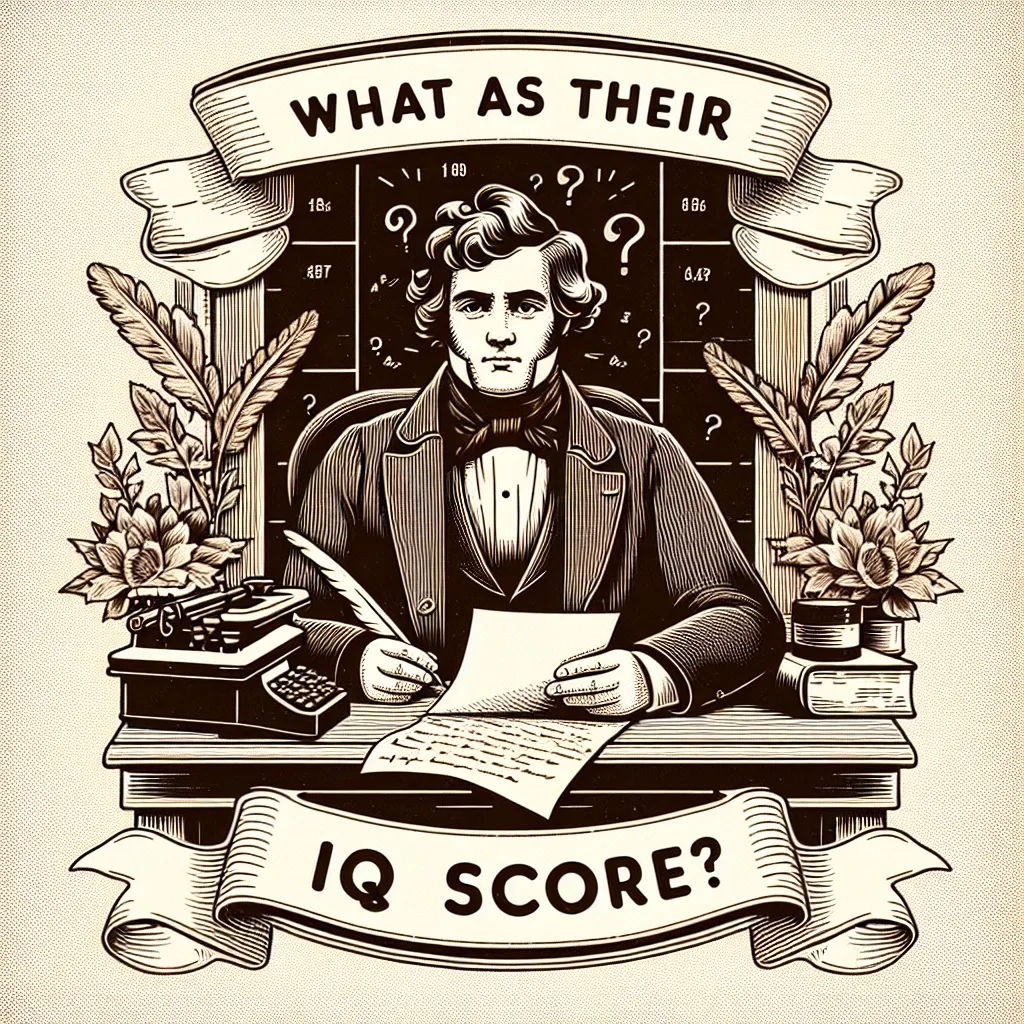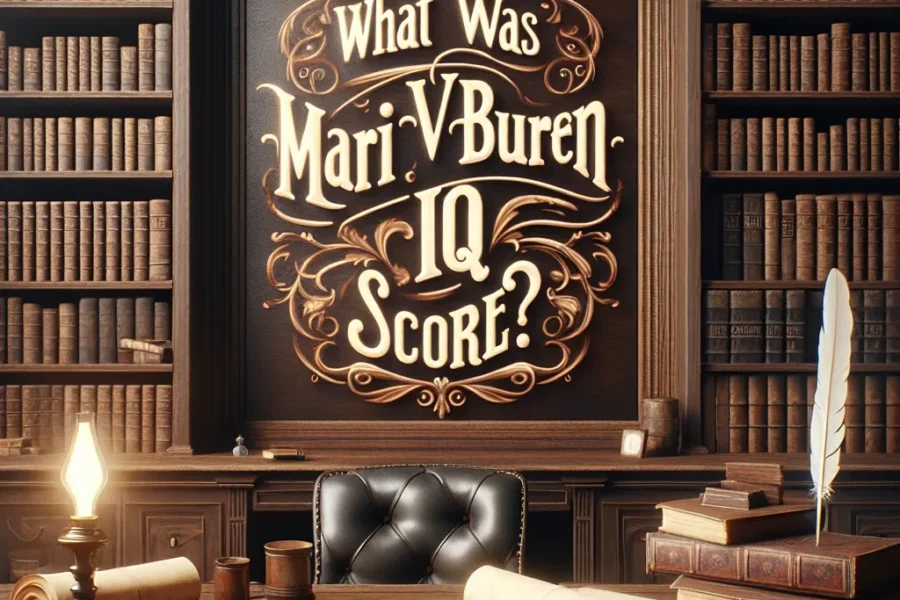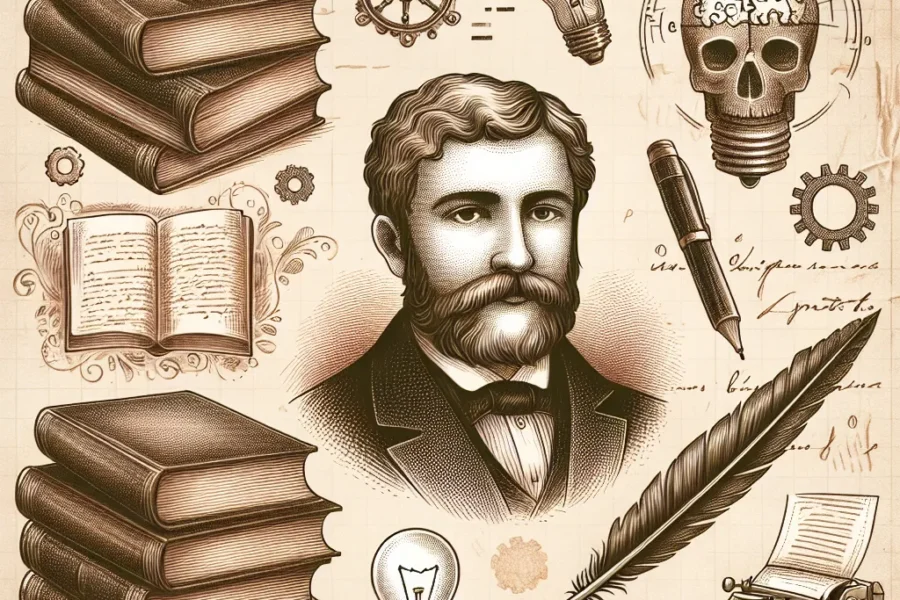What Was William Henry Harrison’s IQ Score?
William Henry Harrison, the ninth President of the United States, is often remembered for his short-lived presidency, which lasted only 31 days due to his untimely death from pneumonia. Given his early demise and the fact that he was from a time period before modern psychological assessments were developed, it raises an intriguing question: What was William Henry Harrison’s IQ score? To answer this question, we must explore William Henry Harrison’s life, education, intellectual capabilities, and the evolution of intelligence testing.
If you are looking for legitimate IQ Tests which pass the entry bar for Mensa, see our IQ Tests.
### Early Life and Education
William Henry Harrison was born on February 9, 1773, into a prominent family, which had a significant impact on his education and early intellectual development. He was the son of Benjamin Harrison V, a signatory of the Declaration of Independence, and Elizabeth Bassett Harrison. William’s upbringing in a politically active and intellectually stimulating environment likely contributed to his cognitive development.
Harrison started his education at Hampden-Sydney College in Virginia, an institution known for its rigorous curriculum. However, his time at Hampden-Sydney was cut short due to health issues, and he later enrolled in the University of Pennsylvania to study medicine. Although he never completed his medical degree, Harrison’s academic pursuits suggest a well-rounded and intellectually curious mind.
### Military Career and Leadership Skills
Harrison’s true calling seemed to be in the military, where he demonstrated strategic thinking and leadership abilities. He joined the army in 1791 and quickly rose through the ranks, showing a capacity for tactical planning and decision-making.
His most notable military achievement came during the Battle of Tippecanoe in 1811, where he led American forces to victory against a confederation of Native American tribes. This victory not only highlighted his military acumen but also cemented his reputation as a capable leader. These traits—strategic planning, leadership, and decision-making—are often associated with high intelligence.
### Political Career
Harrison’s political career further showcased his intellectual capabilities. He served as the first governor of the Indiana Territory, where he was responsible for negotiating treaties and maintaining peace between settlers and Native American tribes. His ability to navigate these complex political landscapes required diplomacy, negotiation skills, and a deep understanding of both American and Native American interests.
In 1840, Harrison ran for president as a member of the Whig Party, using a campaign strategy that focused on his military achievements and humble origins. His “Log Cabin” campaign, which portrayed him as a man of the people, was a strategic masterstroke, helping him secure the presidency. This innovative campaign approach indicates a high degree of social intelligence and political acumen.
### The Era Before IQ Testing
It’s important to note that intelligence testing as we know it today did not exist during Harrison’s time. The first modern intelligence test, developed by Alfred Binet and Théodore Simon, was not created until 1905, long after Harrison’s death. As a result, any attempt to assign an IQ score to William Henry Harrison is purely speculative and not based on empirical data.
IQ tests are designed to measure a range of cognitive abilities, including memory, problem-solving skills, and analytical thinking. These tests provide a numerical score that represents an individual’s intellectual potential compared to the general population. However, such tests require standardized conditions and a methodology that simply was not available in the early 19th century.
### Estimations of Historical Figures’ IQ
Despite the lack of direct evidence, historians and psychologists have occasionally estimated the IQs of historical figures based on their achievements, writings, and known intellectual activities. These estimates are often controversial and should be taken with caution, as they rely heavily on interpretation and subjective judgment.
Historian Catherine Cox conducted one of the most famous studies in this regard, published in 1926, where she estimated the IQs of 300 historical figures. Although Harrison was not included in Cox’s study, similar methods have been used to estimate the IQs of other U.S. presidents and prominent individuals from his era.
### Factors Influencing Harrison’s Intellectual Legacy
Several factors contribute to assessing William Henry Harrison’s intellectual legacy, even in the absence of a formal IQ score:
#### 1. **Educational Background**
Harrison’s education at Hampden-Sydney College and the University of Pennsylvania suggests a solid foundation in classical education. His exposure to diverse subjects and intellectual environments would have contributed to his overall cognitive development.
#### 2. **Military Accomplishments**
His strategic success in military engagements, particularly the Battle of Tippecanoe, indicates a high level of tactical and strategic intelligence.
#### 3. **Political Achievements**
Harrison’s ability to navigate the complex political landscape of his time, including his effective campaign strategies and governance as the governor of the Indiana Territory, demonstrates significant political and social intelligence.
#### 4. **Cultural and Historical Impact**
Harrison’s impact on American history, although cut short by his early death, reflects a life of both action and intellect. His contributions to American politics and military strategy have left a lasting legacy.
### Conclusion
In the absence of a formal IQ score, assessing William Henry Harrison’s intelligence requires an examination of his life, accomplishments, and the historical context in which he lived. His educational background, military achievements, political career, and overall impact on American history suggest a man of considerable intellectual capability.
While it is impossible to assign a specific IQ score to William Henry Harrison, we can conclude that he possessed many traits associated with high intelligence, including strategic thinking, leadership, and political acumen. Harrison’s life and legacy illustrate that intelligence is multifaceted and cannot be solely defined by a numerical score. His contributions to American history, despite his brief presidency, remain a testament to his intellect and capability.



Leave a Comment